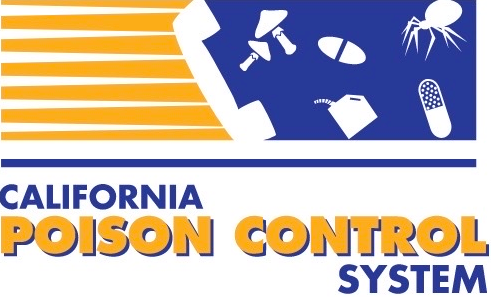Watch the Close Calls with CPCS video episode on Wildfire Smoke (above).
About Wildfire Smoke
Wildfire smoke exposure can cause both respiratory and heart problems. Infants, young children, adults over 65, pregnant women, and those with pre-existing heart and lung problems, are groups that are most susceptible to the effects of wildfire smoke. When you're in an area affected by wildfires, follow the precautions below to prevent smoke exposure.
Symptoms of wildfire smoke exposure
- Chest pain or tightness
- Coughing
- Fatigue
- Headache
- Irritated sinuses
- Shortness of breath
- Sore throat
- Stinging eyes
Prevent wildfire smoke exposure
Check air quality reports frequently when you're in an area affected by wildfire. Wind changes can make air quality go from good to bad quickly.
Prevention tips during wildfire season
- Avoid strenuous activities, especially outdoors
- Check with an emergency supply store to get the best respirator-type mask available for each family member. Paper dust masks are not sufficient to prevent smoke inhalation
- If there is an active wildfire near you, keep windows and doors closed as much as possible
- If you have heart or lung disease, check with your doctor to see if they want you to increase medications
- Limit activities that can increase outdoor pollution such as driving, barbeques, gas lawnmowers, etc.
- Minimize or avoid smoking tobacco products
- Stay hydrated by drinking plenty of water
- When indoors, avoid using the fireplace



